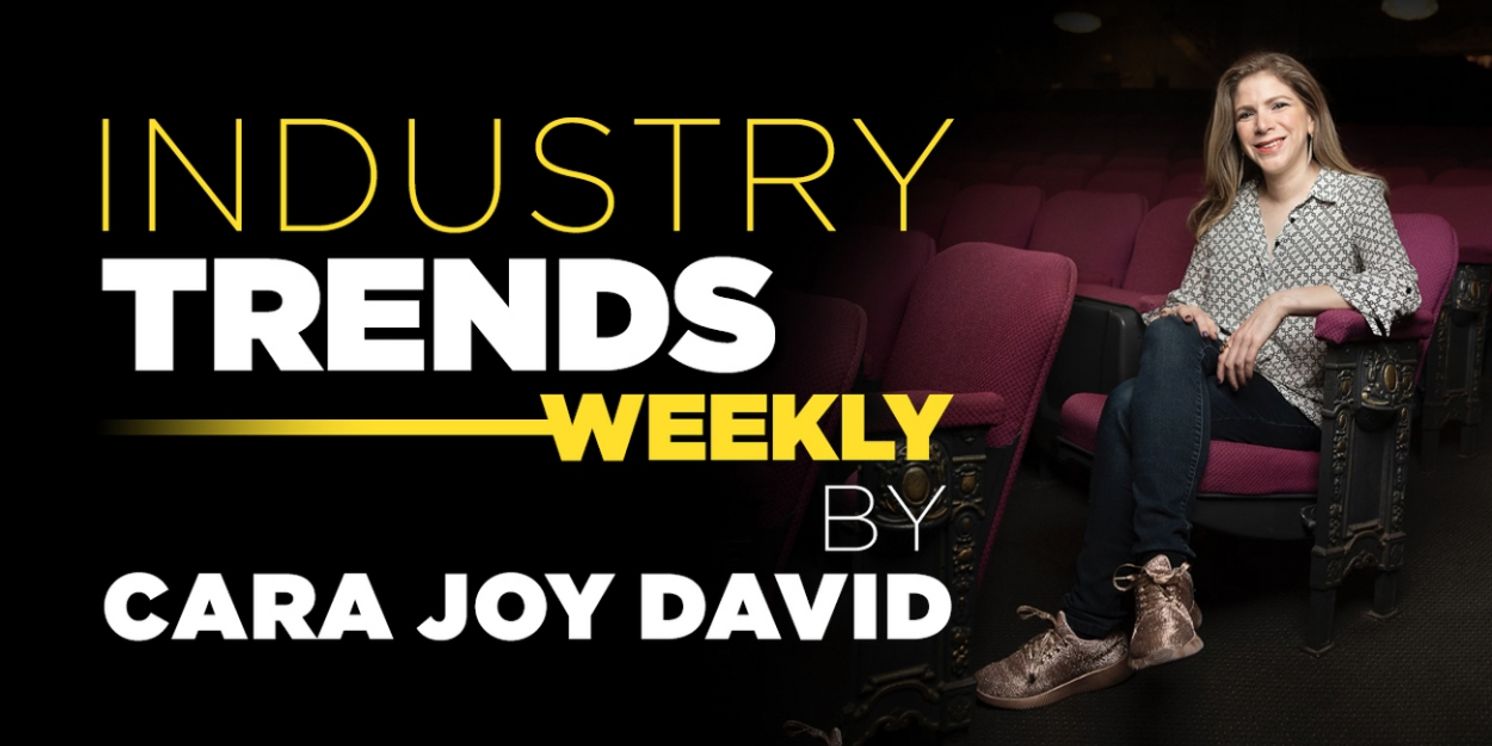Producer Hub and Other Fiscal Sponsors Help Break the Mold
Fewer development programs and regional theater slots have led to an increased focus on independent producing.

Theater people have spent a lot of time in recent months talking about how bad things are in the industry. And I believe there are solid reasons to keep discussing that. But in the next couple of weeks, I’m going to write about some of what is happening in the face of current obstacles. One of the things I’ve been thinking about is the development of projects. The shuttering of development programs and the constriction of regional offerings make it harder than ever to get work off the ground. Producers and artists are going to have to fill the void. But how?
We are seeing artists combine their own resources. For example, The Pool offers a group of three playwrights (changing annually) the ability to combine their resources to produce three plays in rep. The Creative and Independent Producer Alliance (CIPA) and various offshoots are working to facilitate collaboration. We’re also seeing greater attention being paid to fiscal sponsorship programs. These programs allow producers and artists to partner with a 501(c)(3) nonprofit and fundraise with a donation model, even though they're not 501(c)(3) organizations. Those who donate receive the tax benefits of donating to an established nonprofit, but the producers and artists don’t need to deal with the headache of 501(c)(3) administration.
Fiscal sponsorship programs have long existed outside and inside the theater. The ones familiar to theater folks typically take between 6%-15% of incoming donations. For example, Fractured Atlas charges an 8% administrative fee. There are exceptions to this—The Pool’s fiscal sponsor is Piper Theatre, which isn’t taking anything for its role, according to Pool Plays 3.0 playwright Naren Weiss. But, typically, companies do charge a 6%-15% fee, which in theory covers staffing, website maintenance, and bank fees.
The people behind Producer Hub, including Tony-winning producer Mara Isaacs, want to get more money in the hands of artists. Isaacs, whose background prior to commercial producing was in non-profits, began thinking about Producer Hub in 2018.
“There is this community of independent producers who sort of live between the cracks of all of the sectors that get the most visibility,” Isaacs said.
Producer Hub was established to support them. The organization offers educational materials, events, and a fiscal sponsorship program. Because Producer Hub is not yet an accredited 501(c)(3), it partners with The Tank. It takes 2% of donations, 1% of which goes to The Tank and 1% goes to Producer Hub. Because 1% is not enough to staff the organization, Isaacs currently has the staff of her producing company, Octopus Theatricals, running it. The projects do their own promotion—donations come to The Tank with the name of the sponsored project specified, then The Tank sends those funds to Producer Hub to be held for the project. Producer Hub projects have raised over $10 million since the fiscal sponsorship program launched in 2020.
“All of the fiscally sponsored projects are vetted to make sure that they are in fact sitting squarely in a not-for-profit universe,” Isaacs explained. “They are nonprofits in the sense that these are all mission-driven, culture projects that don’t function like a commercial project, don't expect to deliver profits like a commercial project. Not everyone should need to have a separate institution.”
Producer Hub has worked with over forty projects and companies, including sponsoring Black Theatre Coalition before it received its own 501(c)(3) status. Current sponsorees include Breaking the Binary Theatre, The Soapbox Presents and Is It Thursday Yet?, the Jenn Freeman/Sonya Tayeh piece that recently premiered at La Jolla Playhouse.
“This financing avenue was a needed lifeline, and a reason we could complete the final 6 weeks of development of 20 total weeks of early development that we had self-funded,” Is It Thursday Yet? creative producer Ian Stuart emailed, particularly praising a significant contribution from producer Jenna Segal. “It’s the reason we could walk into La Jolla Playhouse on day one of rehearsal with a viable piece to share, and it’s the very reason we can afford to pay for trucking services (in transit right now) to get this gorgeous set back to NYC and into PAC NYC this December."
As we continue to navigate the new normal, I have no doubt we'll hear more about fiscal sponsorship.
Industry Trends Weekly is a short column that runs in the weekly Industry Pro Newsletter. You can read past columns and subscribe here. If you have an idea for the column, you can reach the author at cara@broadwayworld.com.
Videos

